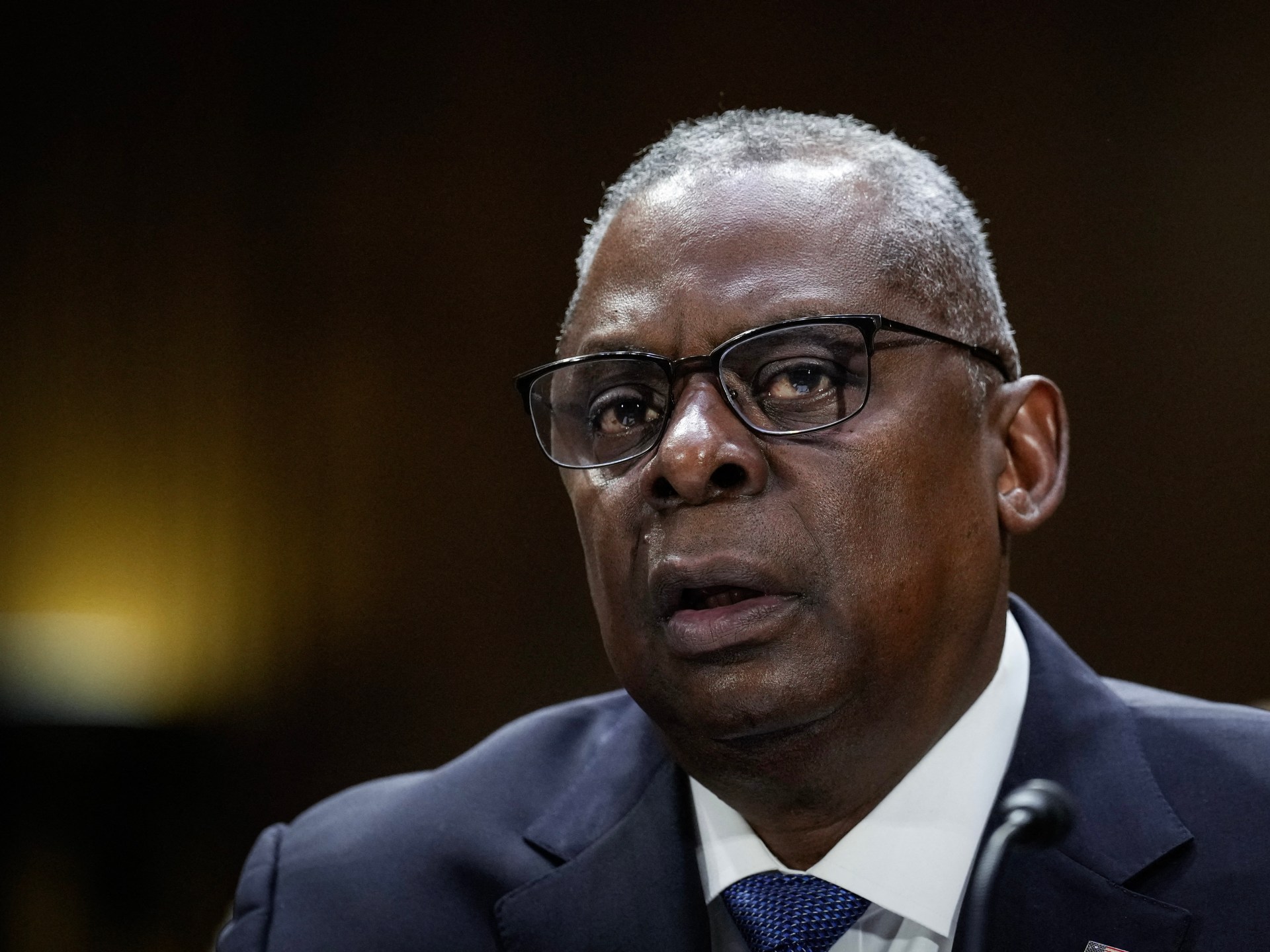The US Secretary of Defense announced Lloyd Austin He left the hospital after being treated for complications from prostate cancer, in a case that sparked controversy because he initially concealed his health condition from the White House and Congress.
“I am grateful for the excellent care I received at Walter Reed National Military Medical Center, and I want to thank the outstanding doctors and nursing staff for their professionalism and wonderful support,” Austin said Monday in a statement.
He continued, “As I continue to recover and perform my duties from home, I look forward to making a full recovery and returning as quickly as possible to my home.” Pentagon (US Department of Defense).
Austin (70 years old), who served in the army throughout his career and is known for his great privacy, was diagnosed with prostate cancer early last December, then underwent surgery with full anesthesia on the 22nd of the same month.
He was transferred again to the hospital on January 1 due to complications, as he developed a urinary tract infection.
But the White House did not learn of Austin’s hospitalization until January 4, and notified Congress a day later. The president did not know joe biden His Minister of Defense was diagnosed with cancer until the ninth of this month.
Austin’s concealment of his health status constituted a violation of the protocol adopted in similar cases, especially at a time when Washington plays a major role in several crises, as it supports Israel in Its war on GazaAnd supports Ukraine in its fight against Russian forces.
White House Chief of Staff Jeff Zients requested an urgent review of the rules for cases in which senior American officials are unable to carry out their duties.
The Pentagon’s independent investigator general also announced an investigation to “examine the roles, mechanisms, responsibilities, and actions related to the Secretary of Defense’s transfer to the hospital between December 2023 and January 2024.”
Doctors at Walter Reed Medical Center in Maryland said that Austin underwent examination and non-surgical intervention to treat health problems, including leg pain, and that he would not need further cancer treatment.
The doctors added, “Minister Austin was successfully treated for prostate cancer early and effectively, and his health reports were excellent. He will not undergo further treatment other than undergoing regular examinations after the prostatectomy.”






